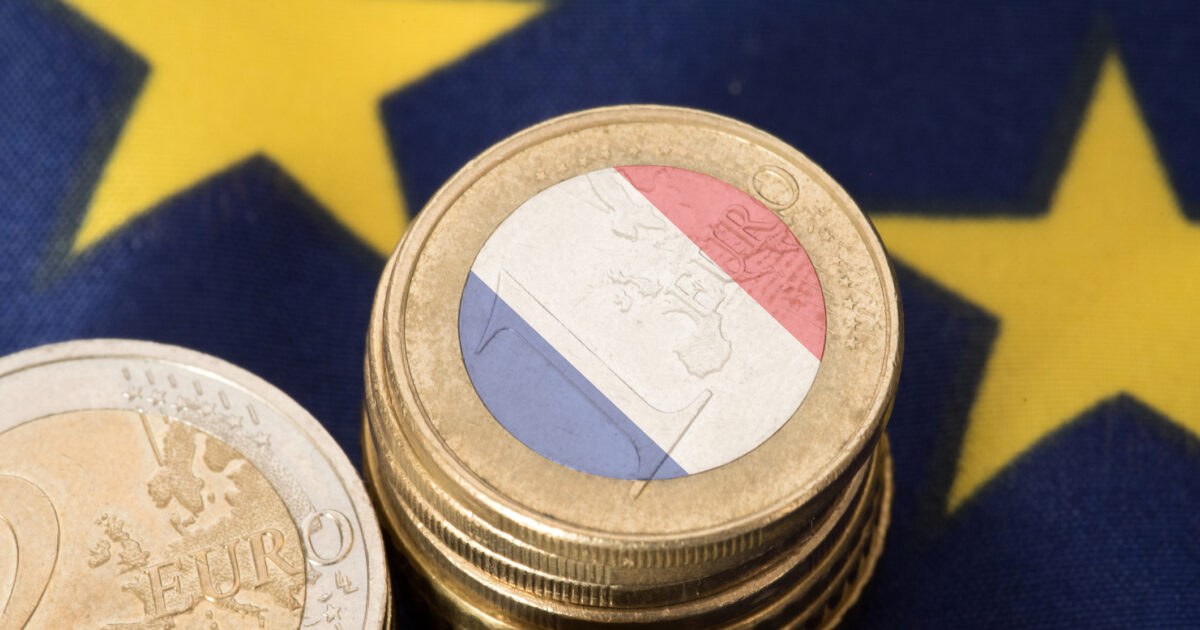In a new phase, political instability enters the France (together in the EU), following the unexpected resignation of Prime Minister Sebastian Lekorni on Monday morning (6.10.25), which was only temporarily recalled by President Macron.
In particular, President Emmanuel Macron asked him to remain temporarily in place for 48 hours in order to complete critical negotiations that could prevent the government from collapsing complete collapse. The key question now emerges is how France’s policies will affect the country’s economy, as well as the functioning of the European Union (EE) as a whole.
Political crisis with financial implications
Macron’s decision is considered a lasting attempt to maintain political stability at a time when France is facing economic pressure, growing social tensions and a parliament without a clear majority.
Although there are no major decisions that require unanimity- such as the approval of a new perennial fiscal framework scheduled for 2027- developments in France may affect critical negotiations at European level, reports from Newsit.gr from Brussels.
Especially on foreign policy issues, such as the EU’s stance towards Russia, any government volatility could lead to important issues from the level of cabinets in top discussions, at the level of heads of state and governments.
Possible degradation and impact on the eurozone
One of the greatest risks facing France today is the possibility of downgrading its credit rating, the same sources say.
Such a development would undoubtedly have an impact on the eurozone, although according to analyzes in Brussels, the problems that would arise would be mainly indirectly and not necessarily capable of hurting the EU’s worthy as a whole, which is still borrowing with AAA ++ Evaluation.
In the event of a crisis, the European Central Bank has intervention mechanisms to support the euro, and the European Stability Mechanism (ESM) can mobilize funds not only for fiscal adjustment programs but also for the general stability of the European currency.
The biggest issue that could cause a downgrade is the risk of triggering a chain decline in French debt, with wider consequences for the eurozone, the same sources said.
However, so far, international rating firms have shown great attention to France -recognizing its importance as both the second EU’s second economy and as a key pillar of the eurozone.
Although political dysfunction in France is not a new phenomenon, houses so far avoid aggressive moves, considering that without powerful crises – economic or geopolitical – there is no immediate reason for drastic decisions.
The essence, as analysts point out, is that France is not Greece, therefore, the main scenario remains that if there is no further escalation or unexpected developments, then houses do not seem to be preparing to “shoot” France and the Eurozone.
